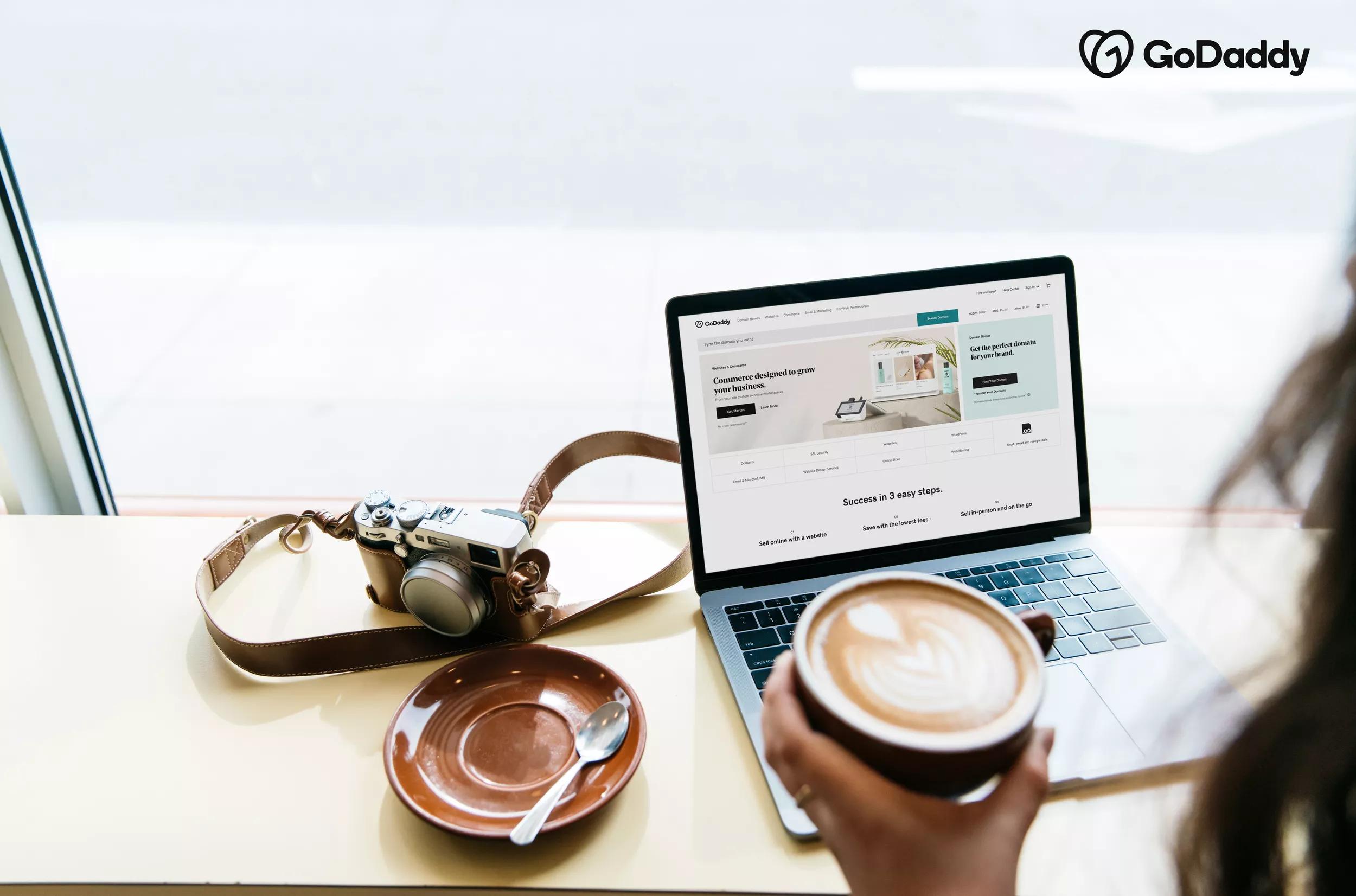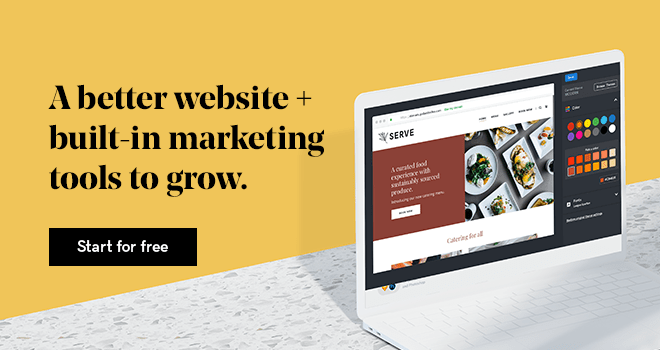Let’s say you make and sell handmade soaps, perhaps from a website called something like myamazingsoap.com. You make amazing soap. People love it. If only you could figure out a fairly easy and inexpensive way to reach more potential customers.
Setting up an affiliate program might be a strong option.
An affiliate program is basically a referral system that allows other people to promote your physical products and gain a commission on any sales made from people who are referred. For example, you could reach out to a few bloggers who write about handmade products — and who have decent followings — and ask them to consider promoting your amazing soap.
If someone goes to the blog, sees the mention of your soap and clicks on the link — which includes a special tracking code given to the promoter by the affiliate cart system — they would land on your website. They’d see your products just like anyone else visiting your site. The only difference is that if that same someone who clicks on the affiliate link purchases some amazing soap from your site, the blogger who sent them over would get a commission.
Launch your business in minutes with GoDaddy Airo®
True win-win-win, right?
What’s the prep?
Before you launch your affiliate program, it’s wise to do a handful of things in order to be fully prepared:
1. Ensure current prices will work with affiliate commissions. If you aren’t pricing your products for growth then you definitely need to consider raising your prices in order to make up the difference on the commission you’ll hand out to your affiliates.
2. Choose your system and set it up on your website. Make sure the affiliate management program you use is compatible with your website or the e-commerce platforms you sell on. Spend some time doing your research to pick the best program for your needs. Here’s a good place to start.
3. Create a mailing list to correspond with affiliates. You need to have a way to correspond with your affiliates before and after your program gets underway. Better to do this in advance and add to it as you go. You’re going to be busy!
4. Set your program terms and create a dedicated page on your website. Once you’ve got the techy stuff finished up, it’s time to determine your program details. You’ll need to set guidelines you can share openly with affiliates, such as:
- The commission they’ll earn per sale, such as 10 percent or $1 per sold item
- When you pay out commissions, such as the 1st of the month or every 45 days
- Rules that are important for them to know, such as you not allowing incentives
5. Contact people of interest and invite them to your program. Once you’re ready to launch your program, start putting feelers out by contacting people you think would be a good fit as an affiliate. Don’t be discouraged if you’re turned down -- just keep working at it and try to bring on as many people as you can within your comfort zone.
Setting the stage for success
Once you’ve set up a great foundation for your program and are finally starting to see your hard work pay off, it’s important to look at the bigger picture and optimize your program for even more success. Here are some tips:
1. Continually pitch new affiliates. You can’t count on one superstar affiliate forever, and even with a good handful of people who have said “yes” to promoting your work, you should always look for new people to invite.
2. Remain consistent with email correspondence. Since every new person who joins your affiliate program will be added to your mailing list, you need to be in correspondence with them often enough to keep their interest in promoting your work. You might even consider an affiliate newsletter.
3. Keep looking for ways to improve. As your affiliate program grows, you’ll notice little things about it you’d like to tweak, so this tip is a friendly reminder to do that as soon as you can.
4. Slow down if you can’t meet the demands. Keep in mind the demand you might face if you get too many affiliates on board. Can you keep up? (OK, so this is sort of good problem to have.)
Setting up an affiliate program can seem like an extra challenge, especially on top of the demands of an e-commerce business. But you’ll likely find that the increase in income and product popularity will be totally worth the initial effort.









